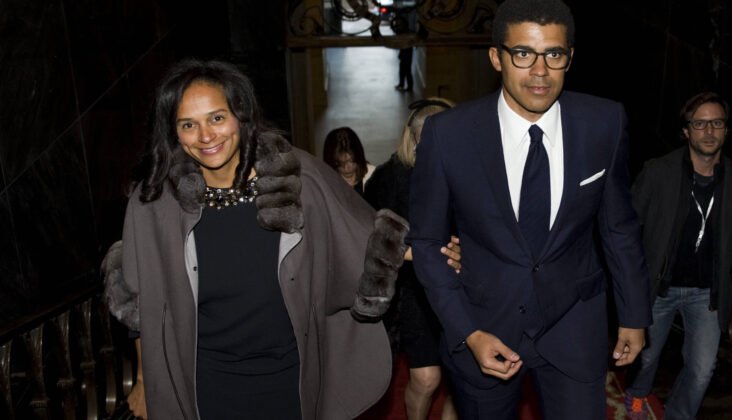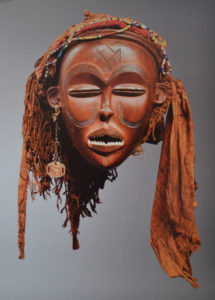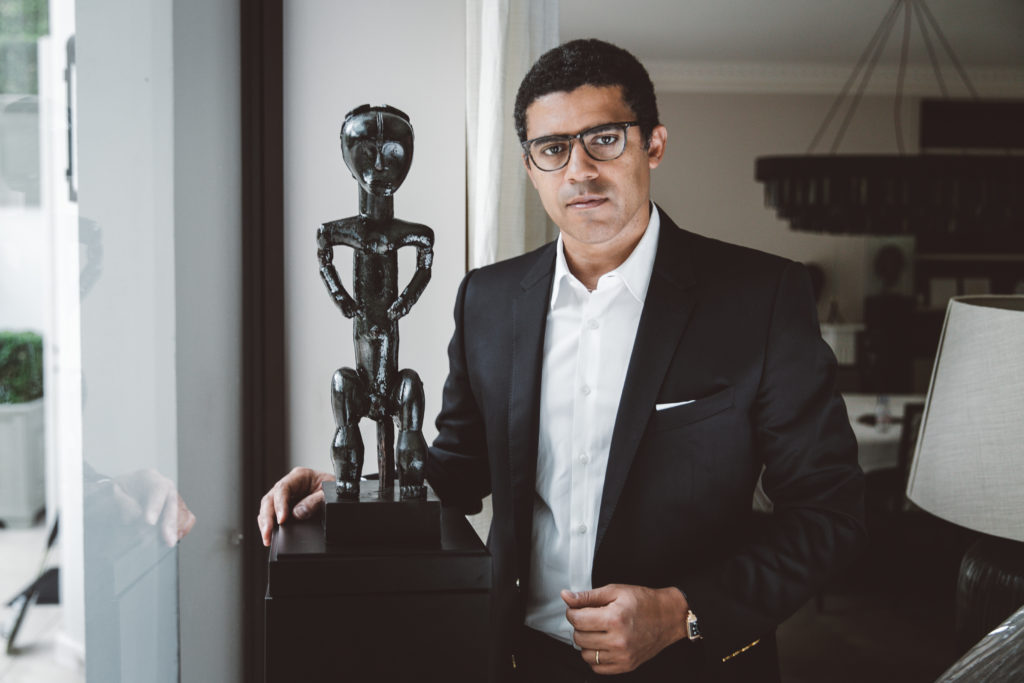Sindika Dokolo, a key African art collector who earlier this year faced widespread allegations of corruption, has died at 48. Outlets based in Angola, where Dokolo was based, reported that he died after suffering an embolism while diving in Dubai.
Within the African art world, Dokolo had been considered a towering figure who was leading a fight to repatriate looted objects in Europe and helping kickstart a market on the continent. But a scandal in January tainted that reputation, leading various figures in the international art scene to attempt to distance themselves.
How Is Contemporary Art Evolving Across Africa

In 2020, Dokolo and his wife Isabel dos Santos, who Forbes has ranked as two of the richest people in Africa, were the subject of an investigation following the leak of 715,000 emails and documents showing how dos Santos built an empire worth $2 billion. That cache of documents, known as the Luanda Leaks, revealed that dos Santos, the daughter of the former president of Angola, and Dokolo had relied on public money to build their businesses.
Dos Santos, who formerly served as the head of the Angolan oil firm Sonangol, had been the subject of a corruption inquiry by the Angolan government since 2018; she currently resides in the United Kingdom. She vigorously denied claims of wrongdoing, alleging that they were a politicized attempt to tarnish her father’s reputation. In January, she was indicted with charges of embezzlement and money laundering.
That same month, her and Dokolo’s assets were frozen. Speaking to Artnet News earlier this year, Dokolo called the freezing of his assets a “political vendetta.” As the allegations continued to mount, Adam Szymczyk, the artistic director of Documenta 14, a prominent exhibition that took place in Athens and Kassel, Germany, in 2017, said he was unaware of Dokolo’s alleged wrongdoing. Dokolo had reportedly given €340,000 to the foundation that facilitates Documenta.
Before the Luanda Leaks scandal, Dokolo was better known in the art world for his repatriation efforts. Through his Luanda-based foundation, Dokolo worked to bring objects taken from Africa back to their owners using a combination of intensive research and legal pressure. Working with a task force, he would identify artifacts that appeared in Western museums and auction houses, and offer to pay them the price for which they acquired the objects, so that he could return them. If the museums and auction houses didn’t comply, he would threaten a lawsuit.

Dokolo frequently espoused views that colonialism was baked into museums and the market, both of which needed to confront their histories, he said. In 2018, he told ARTnews, “Art has a political and moral dimension to it that you cannot wash your hands of and say, ‘It’s not our problem—it’s the way it was when I got here.’ That is not acceptable anymore.”
One such example of this project involved the repatriation of objects to the Chokwe people in 2015. Dokolo’s researchers identified two female masks and one male statuette as having been possibly stolen from the Dundo Museum in Angola during the country’s civil war. They were located within the holdings of Belgian and French collectors, and returned to the Dundo Museum after Dokolo paid an undisclosed sum.
Often, Dokolo declined to pay the amount that the objects for which objects were made available for sale. In a 2018 report on repatriation, he told ARTnews that he once sought the return of a Chokwe statue that was being sold for $1 million; he instead paid $100,000, the price for which it was originally acquired.
Sindika Dokolo was born in 1972 in Kinshasa, in what is now the Democratic Republic of the Congo, and was raised in Belgium and France. His father, Augustin Dokolo Sanu, was a prominent collector of African art. Sindika later said in interviews that he drew inspiration from his father’s collecting style. He came to Angola in 1999 and wound up staying there and marrying dos Santos.
Over the years, Dokolo amassed one of the most significant collections of African and African diasporic art in the world. His holdings included works by Zanele Muholi, Yinka Shonibare, Wangechi Mutu, Aida Muluneh, William Kentridge, Tracey Rose, Pascale Marthine Tayou, Otobong Nkanga, and many more, as well as pieces by European and American artists like Ana Mendieta, Adrian Piper, and Kehinde Wiley. In 2019, Dokolo worked with artist Kendell Geers to curate “Incarnations: African Art as Philosophy,” a show of works from the collector’s holdings at the Bozar Centre for Fine Arts in Brussels. Dokolo appeared on an ARTnews list of 50 collectors to watch in 2019.
Although the Luanda Leaks scandal was the most well-known one Dokolo faced during the course of his life, a precursor to it took place at the Venice Biennale in 2007. That year, Dokolo and dos Santos underwrote an African Pavilion. When Artnet News revealed that the couple had been facing corruption allegations for years, artist Barthélémy Toguo dropped out in protest. Curator Robert Storr, who that year oversaw the Biennale, said he was unaware of the allegations at the time.
With his 5,000-work holdings, Dokolo aimed to create a collection that would help push African art forward. “My investment is in the future, in building bridges between the classics and contemporary African art, and for that the only insurance is faith,” he told ARTnews in a 2019 unpublished interview. “My collection is as priceless as it is empowering.”
Source: ART News



Comment here
You must be logged in to post a comment.